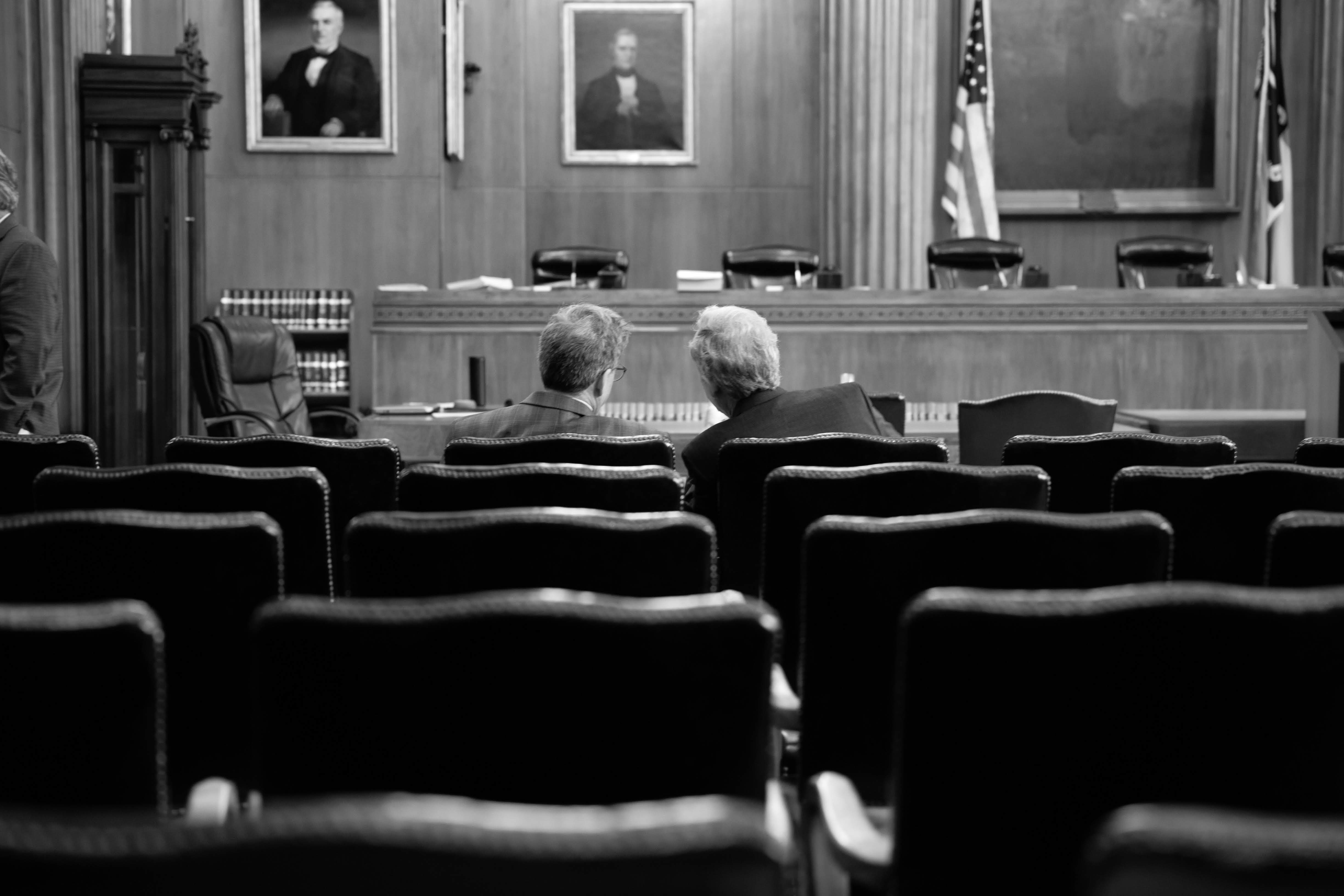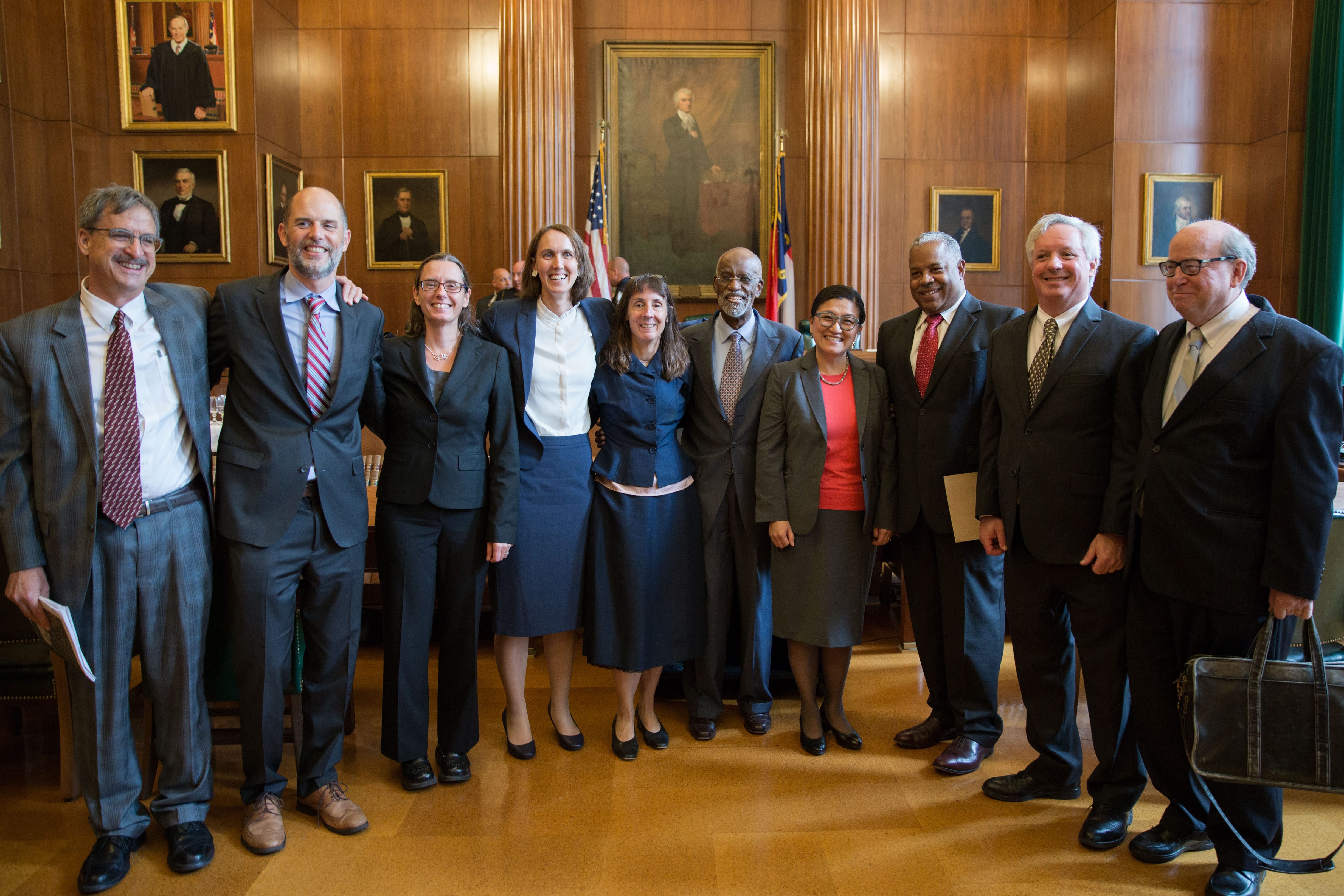
At the end of August, our movement made history. A group of talented attorneys from across the state and the nation argued before the North Carolina Supreme Court. At issue were the cases of six men and women on death row who have uncovered compelling proof that their sentences were poisoned by racial discrimination. All six filed claims under the North Carolina Racial Justice Act (RJA). Black citizens were illegally excluded from their juries. At least two defendants were tried amid public threats of lynching, and in one case those threats came from members of the jury pool. One defendant was referred to by a racial slur in open court … by the prosecutor. The evidence of racism is crystal clear.
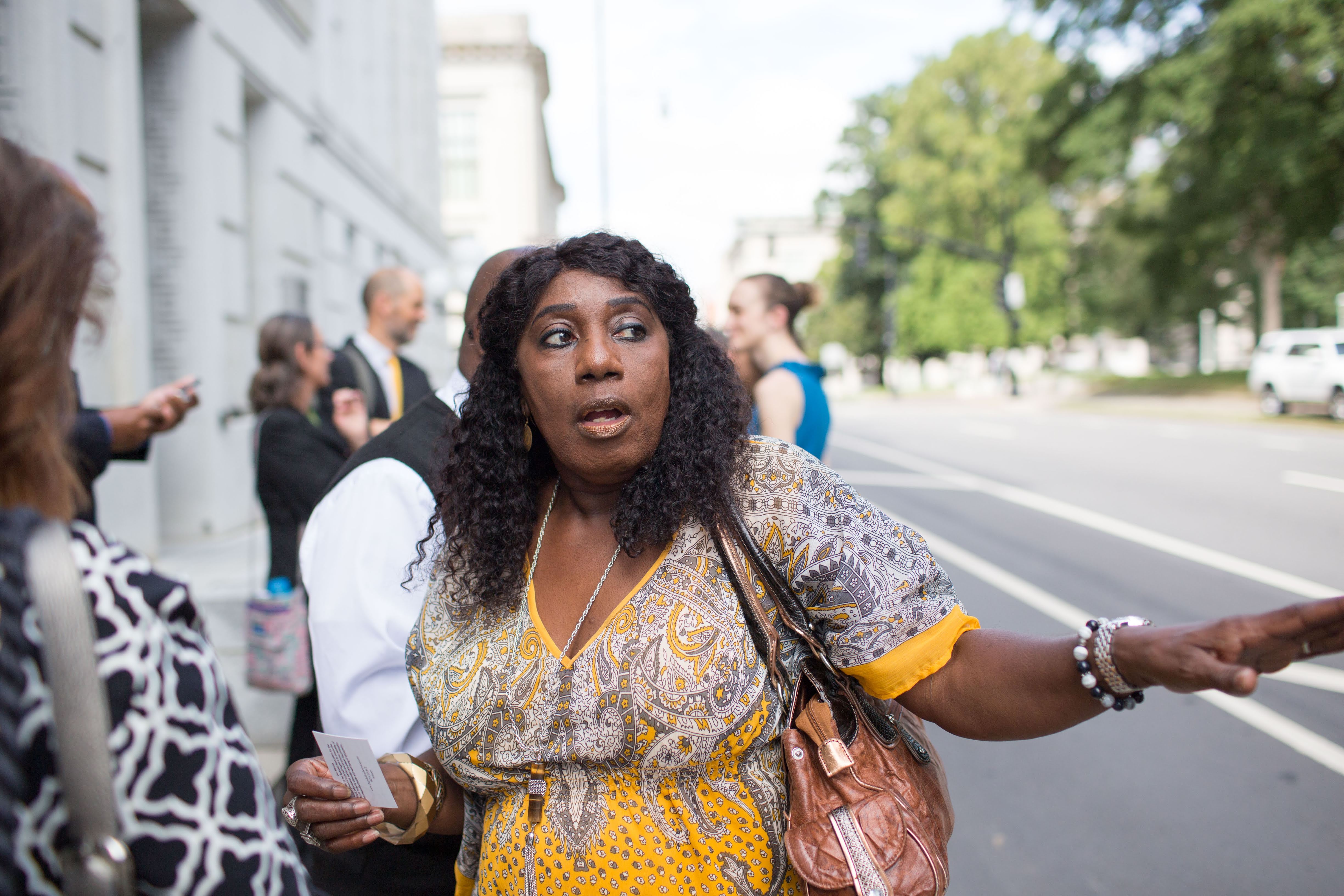
At Tilmon Golphin’s trial, two white members of the jury pool were overheard saying he “never should have made it out of the woods” where he fled while police were trying to arrest him for murder. Those two people were never removed from the jury pool.
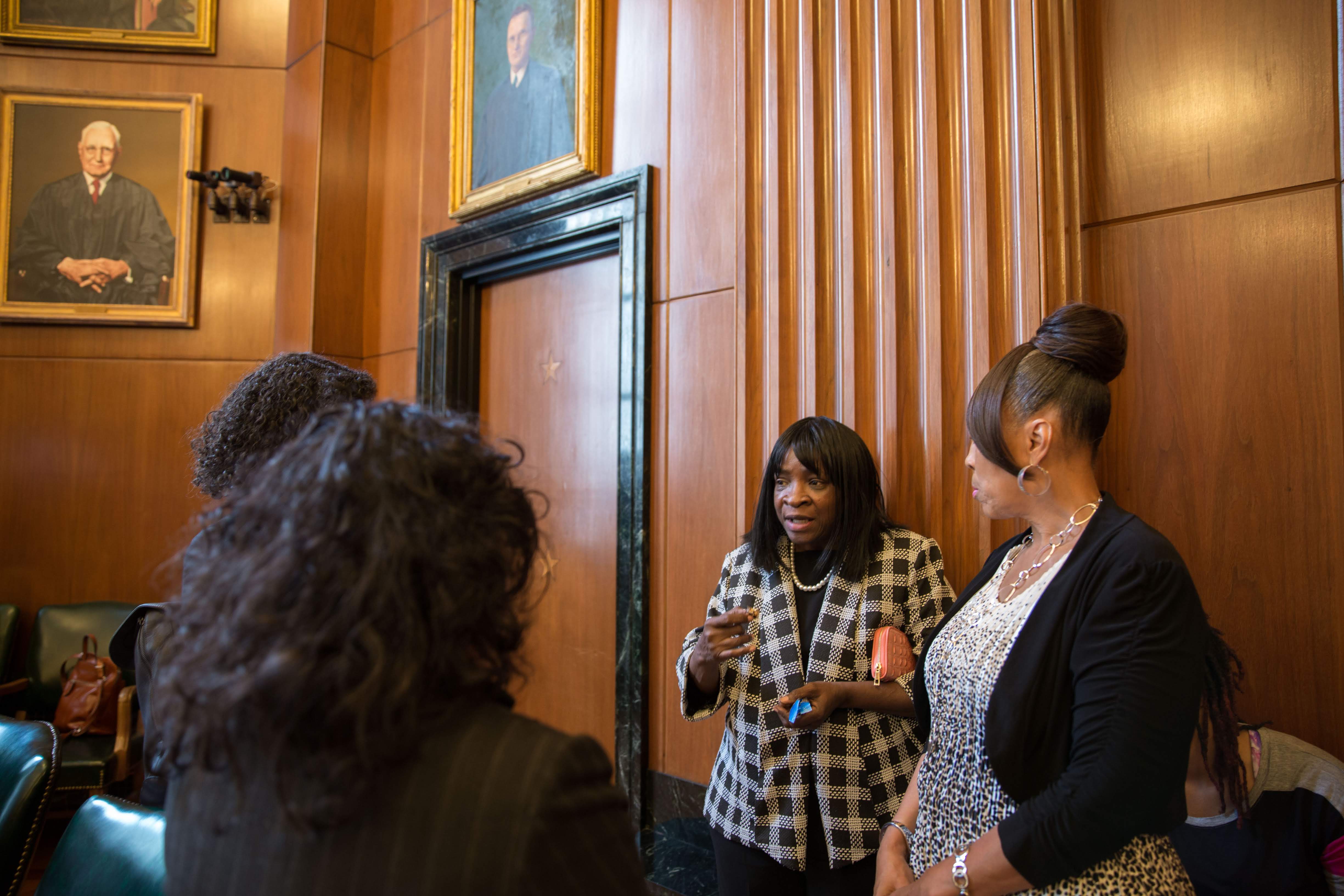
At Quintel Augustine’s trial, the prosecutor wrote notes such as “blk wino” about the races of prospective jurors and then struck all the black jurors, leaving a black defendant to be sentenced to death by an all-white jury. At Marcus Robinson’s trial, prosecutors singled out black prospective jurors with demeaning questions, like whether they failed in school or knew how to read. No white jurors were asked such questions.
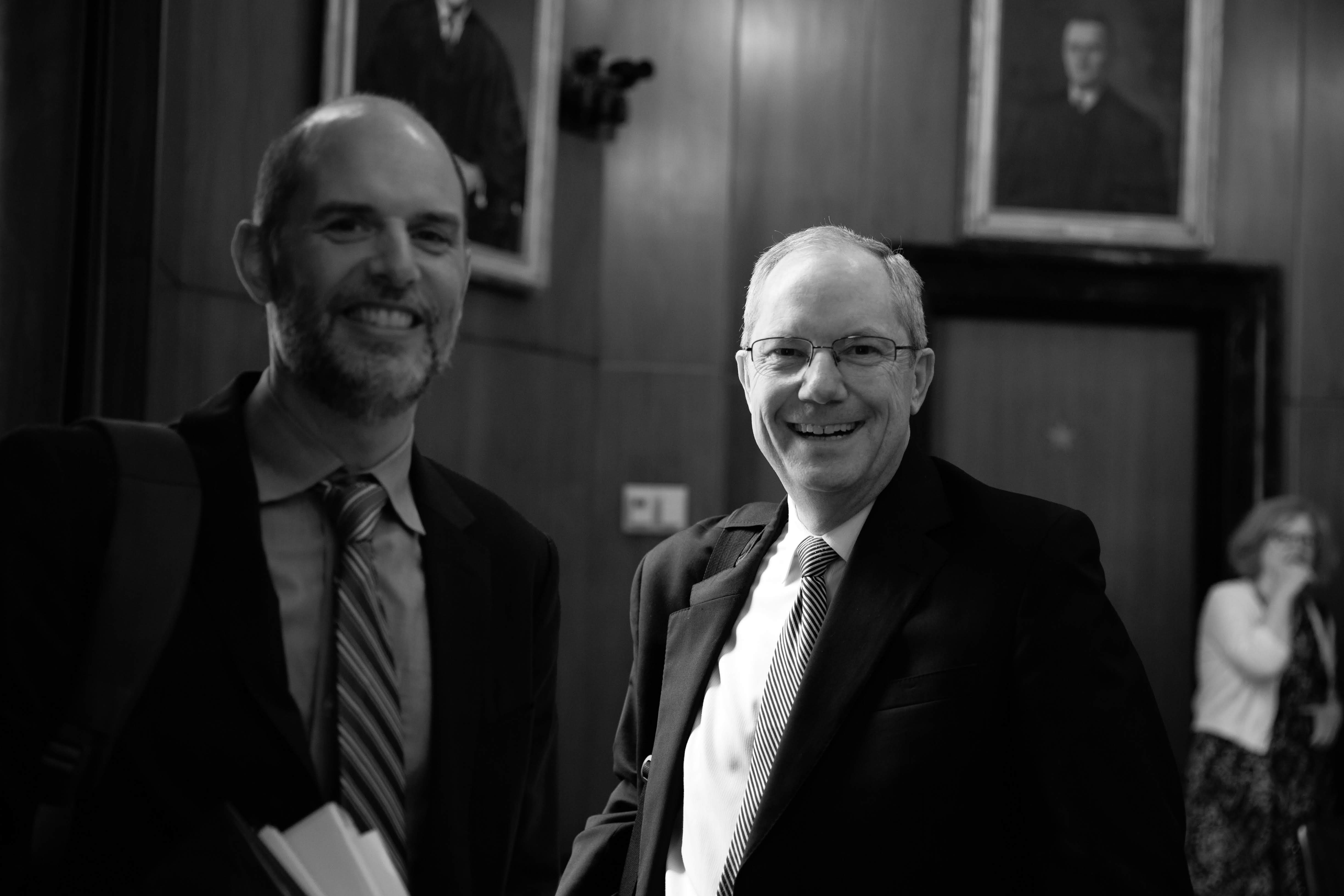
During the arguments, attorneys for the North Carolina Attorney General’s Office did not dispute the evidence of discrimination. In fact, they admitted that racism in capital trials is serious and must be dealt with. But they asked the Supreme Court to deny the cases and leave the defendants to litigate their discrimination claims in the lower courts, which have failed for decades to root out racial discrimination in the death penalty. The RJA attorneys made a passionate argument that the state’s highest court must take on this critical issue. If it doesn’t, it will send the message that our state is willing to execute people even after overwhelming evidence of racism in their trials has come to light. The arguments concluded with Jay Ferguson’s powerful words to the justices: “If not now, when? If not you, who?”
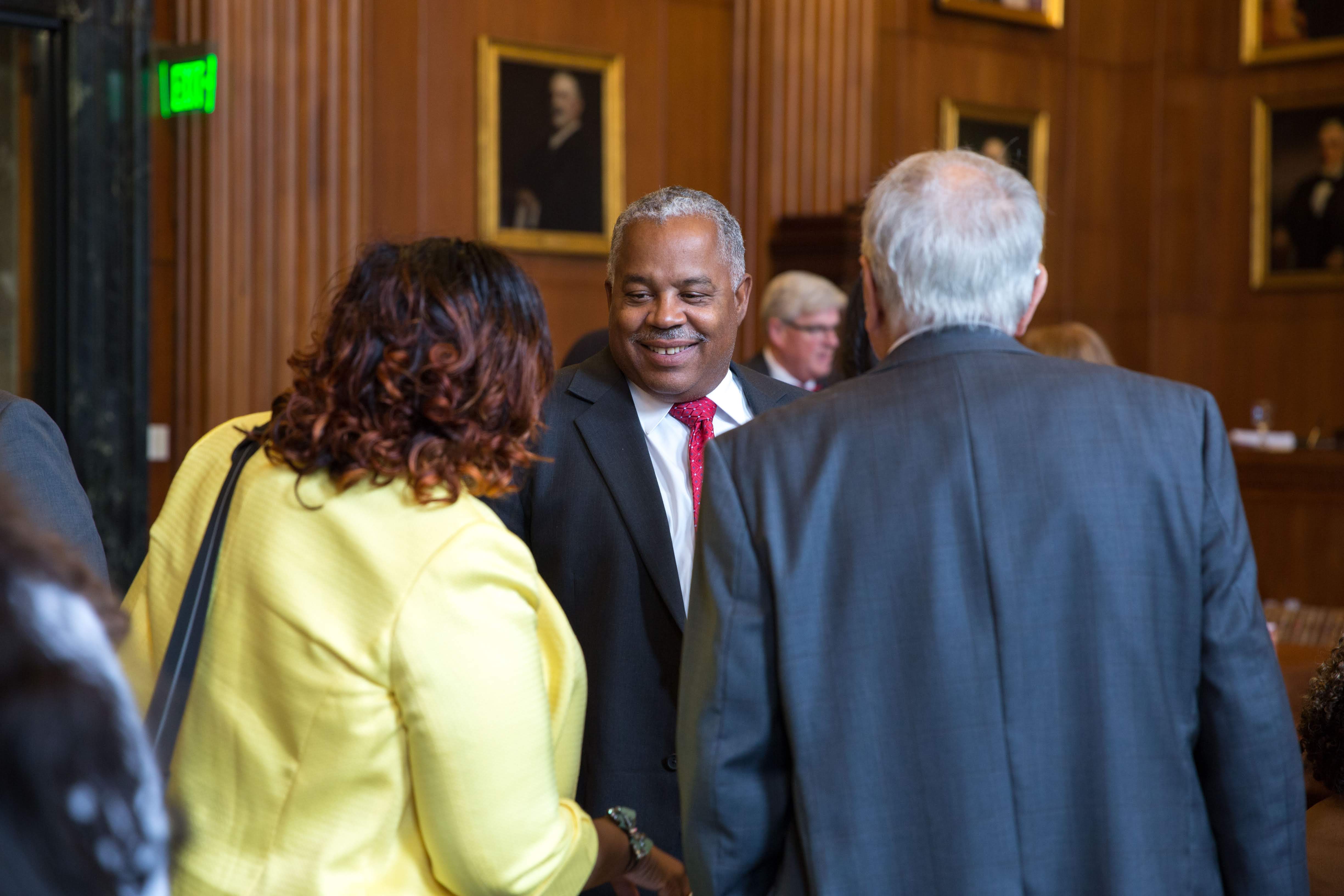
For decades, North Carolina’s high courts have refused to acknowledge discrimination in jury selection, even though it has been blatant and endemic. “Weighing on this court’s shoulders is hundreds of years of history of discrimination against African American citizens … With all that history, how does this court respond?” Henderson Hill asked.

“When we stand back and we take a long view of history, we’ve got to go all the way back to the days of slavery, ” civil rights leader James Ferguson, II said. “During those days, capital punishment was largely imposed upon slaves and more often than not for crimes against white people. This is the original context in which we come today.”
Ferguson said the RJA fits into our state’s history of civil rights advances followed by fierce resistance to change. Slavery was abolished, but resistance led to lynching and Jim Crow. The Supreme Court outlawed school segregation, but resistance kept schools segregated for many years after the court’s ruling. Today, the state is resisting the positive change that the Racial Justice Act sought to create and trying to execute people whose trials were poisoned by racism.
“What particularly is the role of this court, which is the leader of the judiciary in NC? It is not simply to sit and watch this change come about; it is about signaling that there is a change and taking the leadership in seeing that change come about. These are cases which present not just an opportunity for this court to lead, but we submit, they highlight and emphasize the responsibility that this court has to lead.”

Cassandra Stubbs took on the state’s argument that evidence of racial bias in capital cases, which was exposed by the RJA, should be thrown out of court because the law was later repealed. “Never before has a state done what the state of North Carolina is attempting to do here, and never before has any court sanctioned dismissal of comparable allegations and proof of racial bias. The state’s position is, now that the Racial Justice Act has been repealed, we should forget about the evidence of discrimination and move on. But … the court cannot look away.”
It wasn’t just the attorneys who recognized the importance of these cases. Many community members turned out to support the Racial Justice Act.
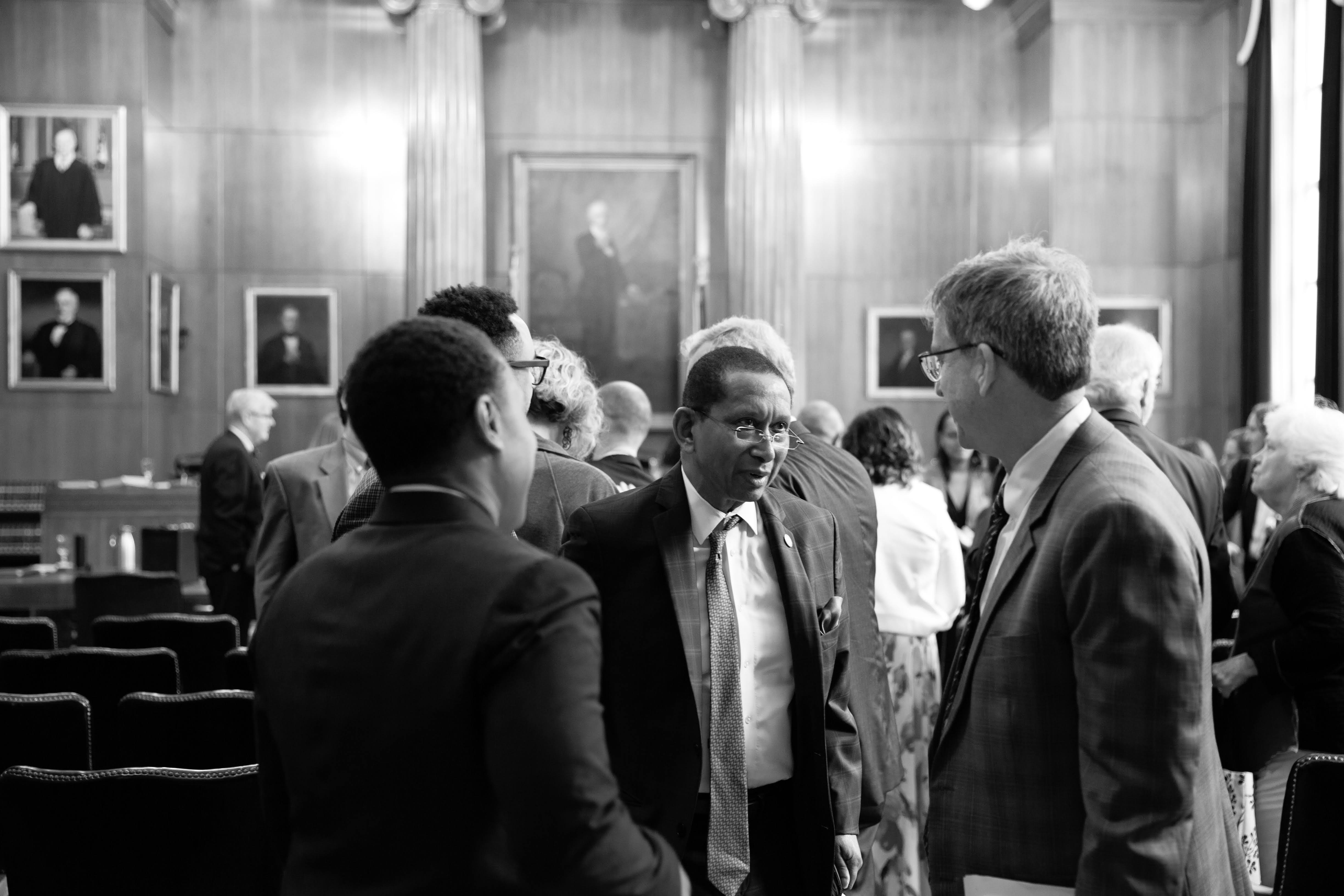
Click here to listen to McKissick talk about the RJA on the State of Things


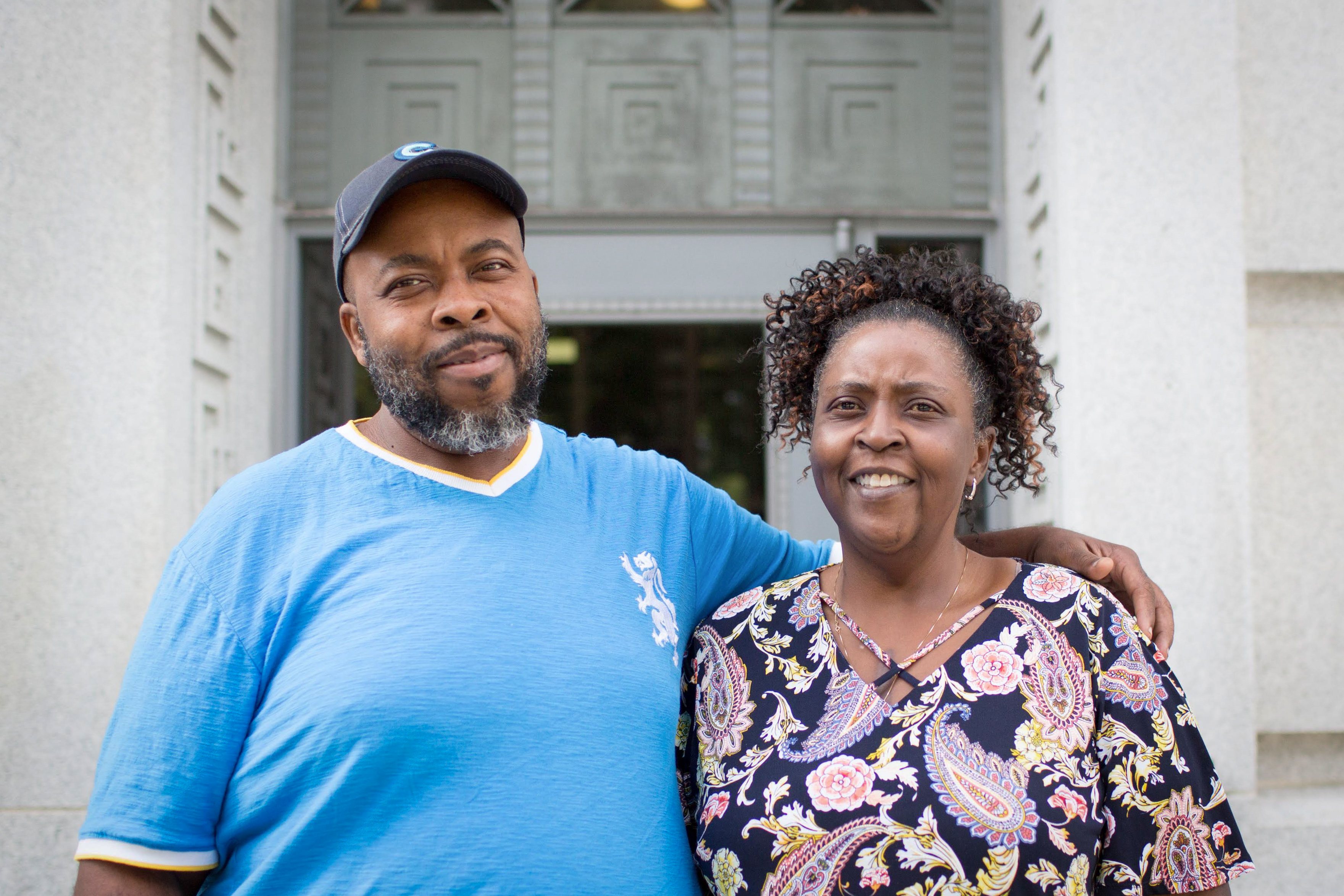
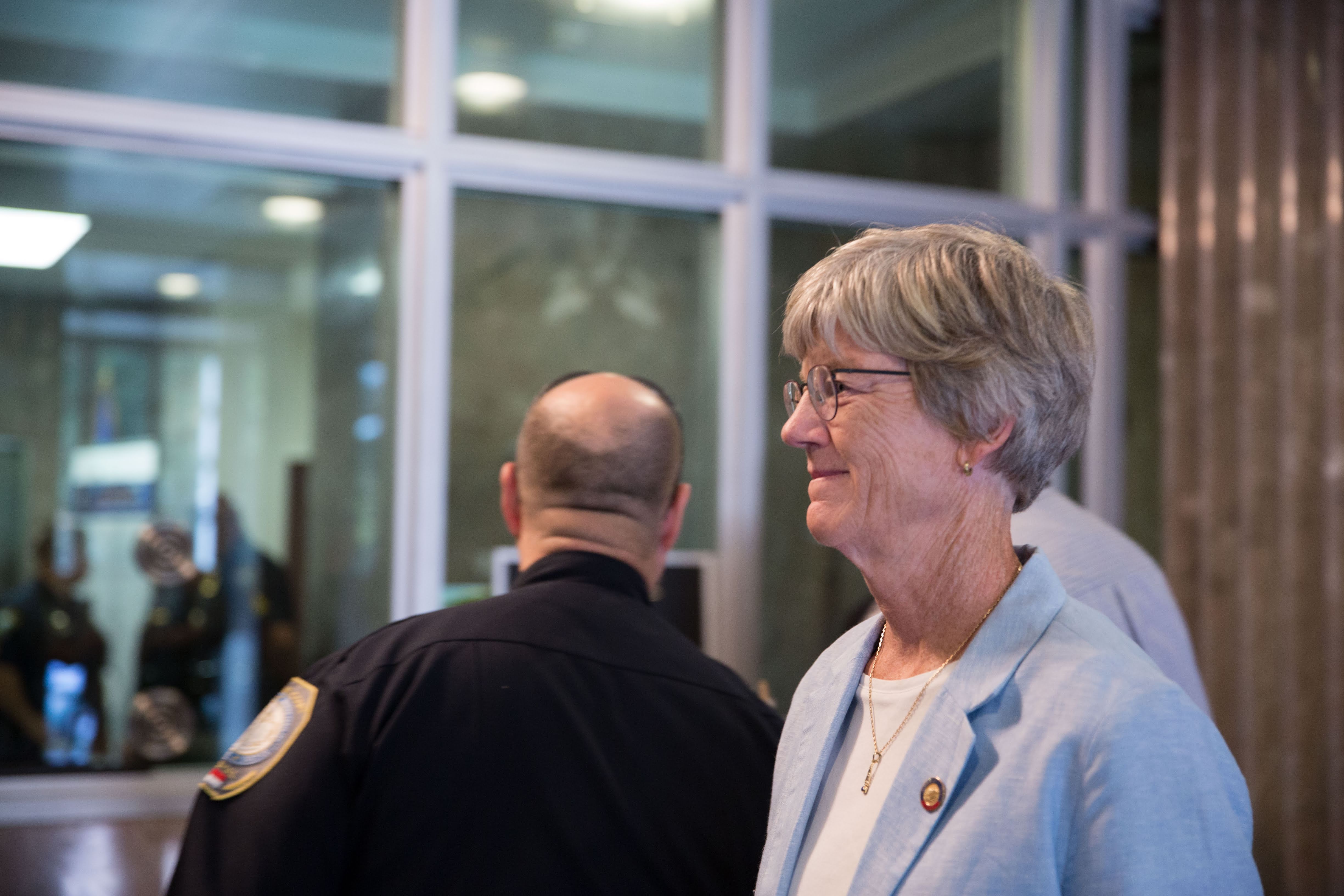
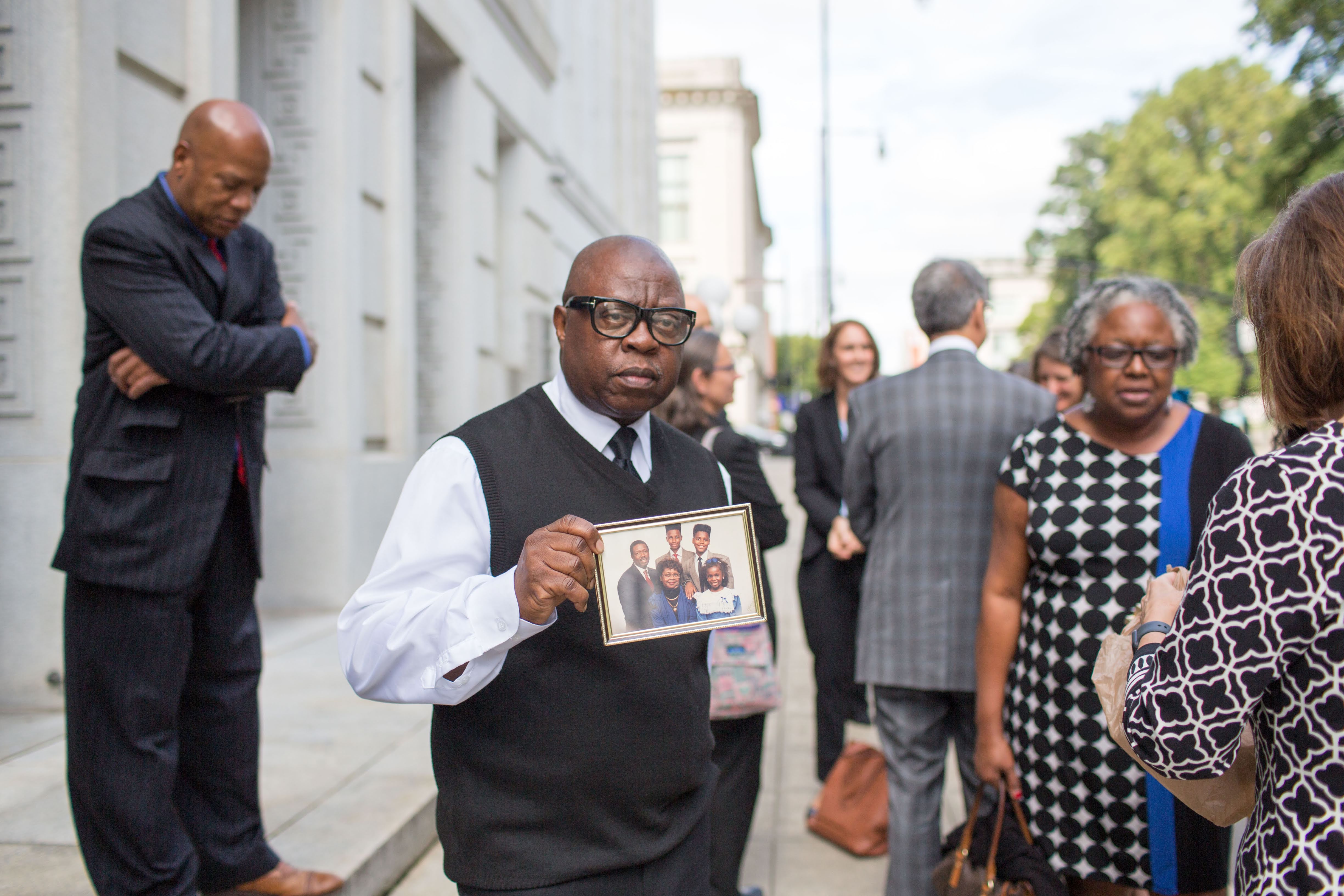
Now we wait for the court’s decision. We hope the justices will seize this opportunity to help create a system that lives up to its promise of equal justice for all.
